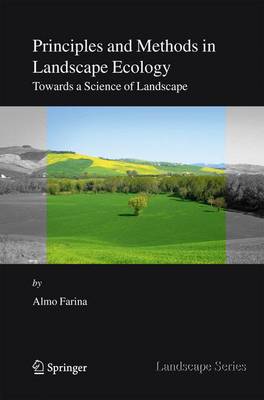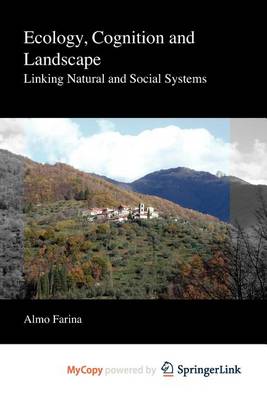Landscape
2 primary works
Book 3
Landscape ecology is an integrative and multi-disciplinary science and Principles and Methods in Landscape Ecology reconciles the geological, botanical, zoological and human perspectives. In particular ,new paradigms and theories such as percolation, metapopulation, hierarchies, source-sink models have been integrated in this last edition with the recent theories on bio-complexity, information and cognitive sciences.
Methods for studying landscape ecology are covered including spatial geometry models and remote sensing in order to create confidence toward techniques and approaches that require a high experience and long-time dedication.
Principles and Methods in Landscape Ecology is a textbook useful to present the landscape in a multi-vision perspective for undergraduate and graduate students of biology, ecology, geography, forestry, agronomy, landscape architecture and planning. Sociology, economics, history, archaeology,anthropology, ecological psychology are some sciences that can benefit of the holistic vision offered by this texbook.
Book 11

